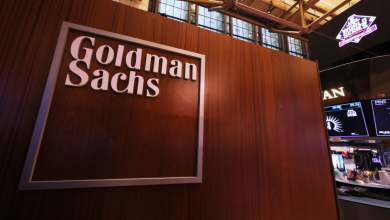Shield, A Crypto Neobank Removing Pain Points For Underserved Exporters, Raises $5M In Seed Funding


Shield, a crypto neobank for global trade businesses, has raised new capital.
According to information shared on LinkedIn, the company was founded in 2022 by Emmanuel Udotong (CEO), Isaiah Udotong (chief operating officer), and Luis Carchi (chief technical officer), a team of ex-employees from Facebook and McKinsey, and former exporters who moved commodities across the U.S., South America, Africa, and Asia. Their experiences as exporters led them to realize several pain points that could be solved by blockchain technology.
“International banking and payments are the choke points holding back entire trade corridors,” Shield’s team wrote in a blog post. “When we saw how stablecoins could move money cross-border instantly and transparently, it clicked: this technology could finally give underserved exporters the financial reliability they need to stand on equal footing with their global competitors.”
Shield’s website states that it removes trade barriers, permits USDT (Tether stablecoin), and offers same-day wires to a bank — all without monthly fees. It also accepts digital asset payments and allows the buying, selling, and trading of digital assets with a business account.
“Businesses get the speed and cost savings of blockchain payments without the constant fear of account closures and unwarranted delays. It also enables them to trade in entirely new markets,” a statement on the blog post read.
$5M In Seed Funding
Shield has processed over $150 million in cross-border payments since it launched and recently received a $5 million boost to further its efforts in a seed round led by Giant Ventures. Emmanuel confirmed on LinkedIn that a16z crypto’s CSX, Factor Capital, and strategic angels from Bank of America, Coinbase, AMEX, and Menlo Ventures also participated in the round.
The funding will support the expansion of licensing coverage and strengthen compliance and fraud detection, according to TechCrunch. It will also launch USDT-friendly bank accounts and additional banking products, as well as expand its footprint in more trade industries with underserved businesses.
“If we succeed, more businesses in underserved regions will survive and grow, creating jobs and wealth for their communities instead of being left behind,” Emmanuel told TechCrunch.



